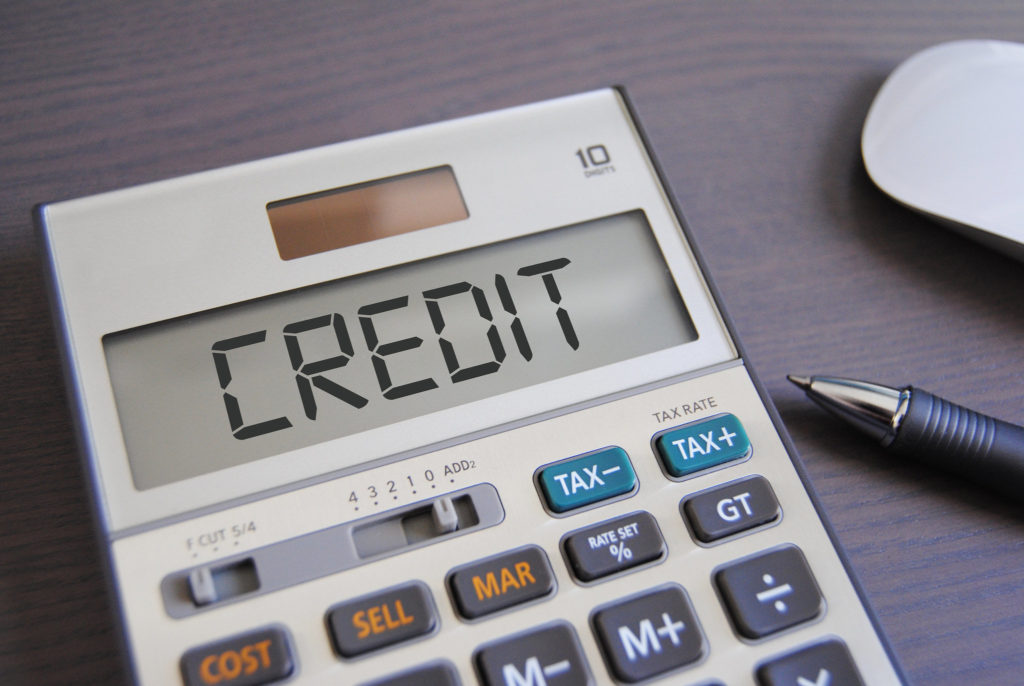
Few businesses can succeed without a significant injection of capital, and unless you’re already wealthy or lucratively well-funded, you’re going to need business loans and lines of credit to get by. You probably understand that your credit score will have a bearing on whether you’re able to secure these loans, and what terms you’ll get if you’re successful, but you may not realize that there’s a sharp distinction between personal credit and business credit.
So what is this distinction, and how should you handle business credit differently?
How Personal Credit Works
It’s most effective to describe how personal credit works, in a nutshell, before comparing it to business credit. Personal credit is a calculated measure of an individual’s ability to pay back a debt. Every time you change jobs, change addresses, apply for credit, or take other significant financial actions, the three credit bureaus that take authority of your credit report (TransUnion, Experian, and Equifax) update your report with new information. Personal credit scores range from 300 to 850, with scores of 680 and above considered “excellent.” These scores are based on a number of interdependent factors, including your payment history, your debt-to-credit ratios, and how long you’ve been building credit.
Banks and lenders will look at this personal credit score as an assessment of risk. If you have a low credit score, you may be forced to pay a higher rate for things like mortgages or credit cards, or you may not be able to secure credit at all. It’s entirely possible to apply for business-specific loans and lines of credit using your personal credit; in fact, many new entrepreneurs use a personal loan to start a business. However, doing this comes with significant drawbacks. You’ll put your personal assets on the line if you’re unable to pay the loan back, your credit score could take a hit due to multiple inquiries on both you and the business, and you’ll fail to update or improve your business’s credit as well.
How Business Credit Differs
Business credit is the same as personal credit in many regards, but it’s related to a business’s history of payments, rather than an individual’s. Business credit is similarly reported through the three main credit bureaus, and can be used to secure more and/or better lines of credit in the future. However, business credit is scored on a scale of 0 to 100, with 75 or higher considered “excellent.”
Tips on Building Business Credit
If you’re looking to get started building your business credit, these are the steps to take:
- Establish an LLC and get an EIN or FIN. First, rather than forming a business as a sole proprietorship or partnership, establish your company as an LLC. Then, obtain an EIN or FIN from the government; this serves as a kind of social security number (SSN) specifically for your business, enabling it to build standalone credit.
- Register your business with the major credit bureaus. Next, get your business registered with all three major credit bureaus. It’s a formal and proactive step that will ensure your credit reports are being filed accurately.
- Comply with all regulations and laws. Before applying for credit, make sure your business is firmly established. If there are any business permits you need to operate, obtain them. You’ll also want to ensure you have a business phone number and a functional website.
- Find initial credit grantors. Then, look for initial creditors willing to extend credit to your business without tapping into your personal credit. These will likely be vendors and partners willing to extend terms to you.
- Be consistent and reliable with your payments. Just like with personal credit, you’ll need a lengthy history of consistent, reliable, timely, and full payments to improve your business credit score. Make sure you pay all your initial creditors on time and in full, and try to keep your debts to a relative minimum. It will take time to get your credit in excellent standing, but it’s worth your effort and patience.
Though it’s possible to take out loans for your business using your personal credit, it isn’t recommended. If you can, establish credit for your business as soon as possible, and rely on business-specific loans for future growth.